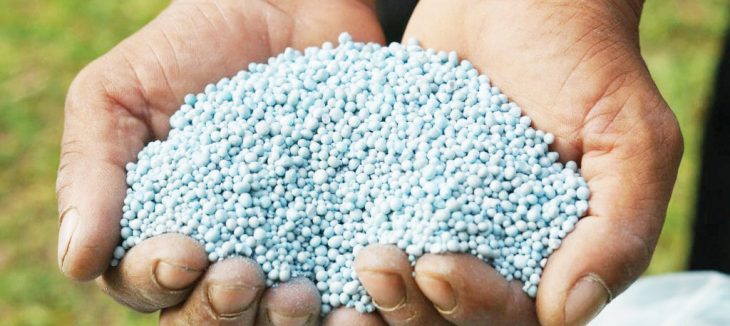
Navigating Fertiliser Price Shocks: Strategies for Malawi Businesses to Mitigate Costs and Sustain Growth
Key Business Points
- Global commodity prices are projected to decline to their lowest level in six years by 2026, presenting opportunities for Malawian businesses to negotiate better deals with international suppliers.
- Low energy prices will be a key driver of this trend, allowing local companies to reduce production costs and increase competitiveness in the global market.
- Malawian entrepreneurs should diversify their investments to mitigate potential risks associated with fluctuating commodity prices, exploring opportunities in non-traditional sectors such as uzirani wa mafuta (renewable energy) and ukulu wa mtanda (sustainable agriculture).
The latest Commodity Markets Outlook for October, released by the World Bank Group, reveals that global commodity prices are expected to fall to their lowest level in six years by 2026. This downward trend is largely driven by low energy prices, which will have a ripple effect on the prices of other commodities. For Malawian businesses, this presents an opportunity to kutenga mazira (secure better deals) with international suppliers, reducing their production costs and increasing their competitiveness in the global market.
The decline in commodity prices is expected to have a significant impact on Malawi’s economy, which is heavily reliant on wauzaji wa vyakula (agricultural exports). However, biashara ndi ujasiriamali (entrepreneurship and trade) can thrive in this environment if local businesses are able to kubadilika (adapt) and diversify their investments. The World Bank Group’s report highlights the need for Malawian entrepreneurs to kuzingatia soko (explore new markets) and kutumia teknolojia (leverage technology) to stay ahead of the competition.
In order to kuendeleza biashara (grow their businesses), Malawian entrepreneurs should consider investing in sekta zisizo za jadi (non-traditional sectors) such as uzirani wa mafuta (renewable energy) and ukulu wa mtanda (sustainable agriculture). These sectors offer significant opportunities for growth and maendeleo (development), and can help to kuimarisha uchumi (strengthen the economy) in the long term. By kuchukua hatua (taking action) and diversifying their investments, Malawian businesses can kutegemea (thrive) in a rapidly changing global market.
What are your thoughts on this business development? Share your insights and remember to follow us on Facebook and Twitter for the latest Malawi business news and opportunities. Visit us daily for comprehensive coverage of Malawi’s business landscape.
- Malawi Entrepreneurs: Scale Your SME, Strengthen the Economy - February 10, 2026
- Chichiri Mall’s Retail Shift: Icon Secures Opportunity for Malawi’s Business Growth Post Shoprite - February 10, 2026
- Icon Properties: Shoprite Departure Spurs Opportunity in Malawi’s Evolving Market - February 10, 2026
